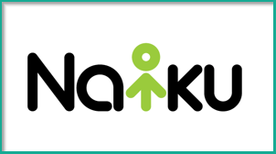
As you can see, the primary goal of Naiku (which rhymes with haiku in case you were curious) is to improve the assessment process.
Before we dig in, let's talk about theprice. For a single teacher license for the year, Naiku costs $159, but you can get a free month trial to see if it's actually right for your classroom before you make the purchase. They do also offer a free version, which lacks a lot of the functionality, but it would be a great way to get started and see if you like the tool. As for district-sized orders, you have to contact them, but the price varies based on size.
And now, on to the review! When a student first logs in to Naiku, they'll be presented with their student dashboard. From here they can see all of their classes, they can see results and feedback on assessments, or they can create a quick question, which will allow them to easily send a question out to the class. The teacher dashboard is very similar, you would just see your classes instead.
When the student clicks on a class, they're taken to a screen that will show all of their recent feedback on assessments for that particular class. By clicking on a past assessment they can get more detailed feedback on how they did and why they received a certain score. Additionally, they'll see any assessments that are pending which they need to complete.
Now, let's check out a sample assessment, and here's where Naiku really sets itself apart. On the side of each question, students have the option of rating their confidence, and telling the teacher more. Obviously, they might not always tell the truth on this, but if a student becomes comfortable in this learning environment, and knows that the teacher has their best interest at heart, this can become a really valuable tool and insight into how your students are doing and what they're thinking about as they approach each particular question.
Once an assessment is over, and the students are presented with the correct answers and explanations (that have been supplied by the teacher), they will have another chance to reflect over the questions as well. Maybe they rated "high" confidence on a question that they miss, then this is the perfect chance for them to write a short note about what happened in their thinking that led to the error.
Naiku also has a very large variety of question types, from multiple choice, to true/false, short answer, essay, and so on, and you can also embed images and media within the questions as well.
As for the teacher side, as you would expect, there is all sorts of data analysis and standards alignment. To start with, you can tag each question you create with whatever local, state, national, of CCSS you want to. And when reviewing student data, you can break it down in basically any way imaginable. By student, by standard, by question, anything you could possibly need (you can check out the full gallery of reports at the end of this review).
Another great feature is that if you use any kind of assessment creator/builder already (like ExamView, or textbook specific assessments, or anything along those lines) the Naiku team can import those assessments for you into the system. Plus, they offer a ton of collaboration opportunities for teachers to share assessments and big picture results across departments or grade levels.
On top of that, they can integrate their software with whatever gradebook software your district is using, so you can instantly and immediately import anything you want to. And did I mention, Naiku automatically grades everything for you (that you want it to) so you can spend your time focusing on student feedback and reflections instead.
So there you have it, that's Naiku! While it does come with a higher price tag, I haven't seen any other apps that handle assessment this well while integrating with your existing assessment tools and gradebook software. On top of that, the level of reporting is impressive, and the ability for students to reflect on their progress and assessments is a huge benefit within the classroom. With all that being said...
I was not compensated for writing this review.
More examples of student reports:

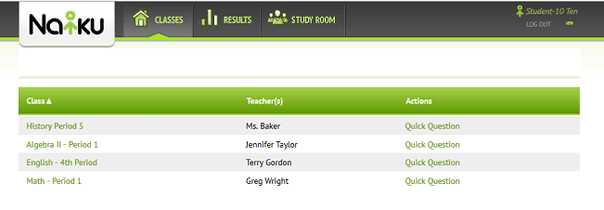
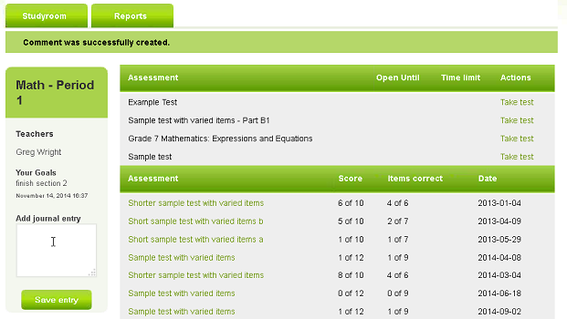
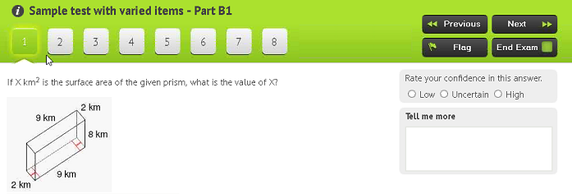
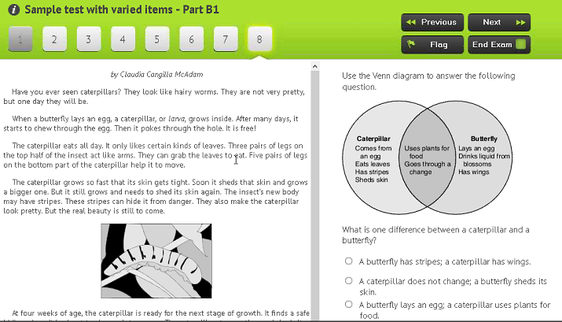
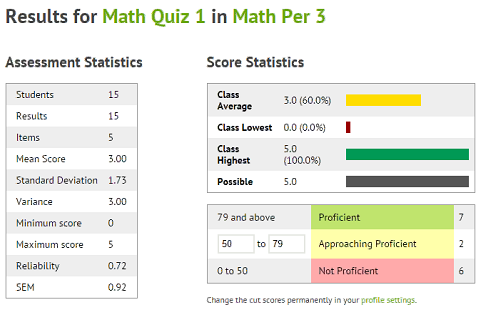
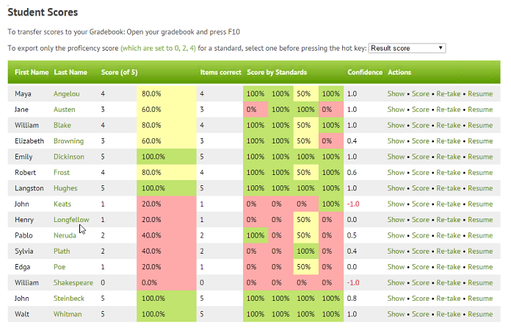
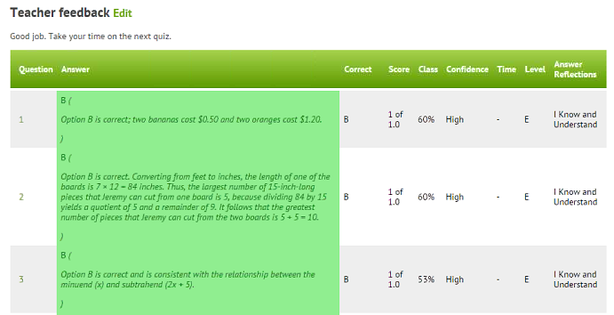
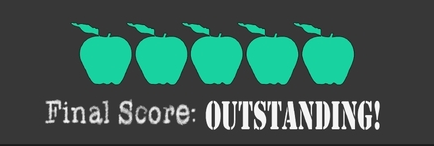
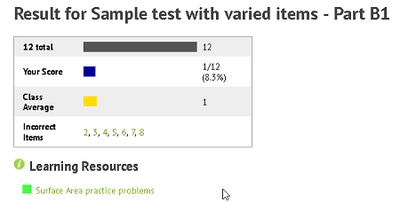
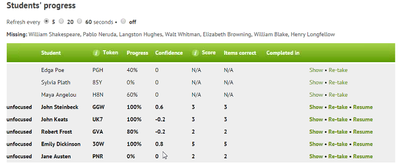
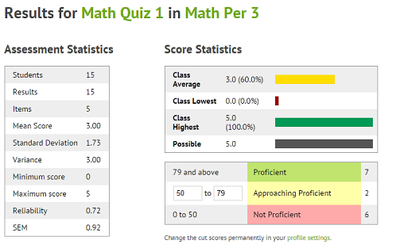
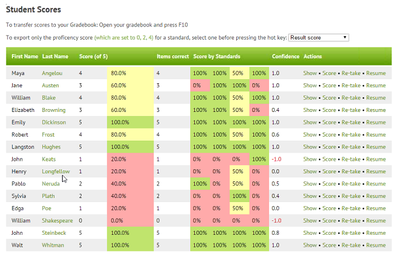
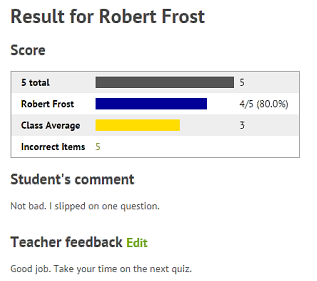
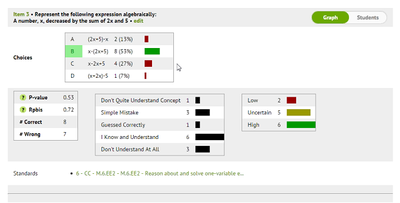
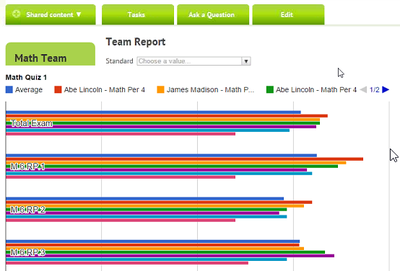
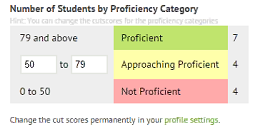
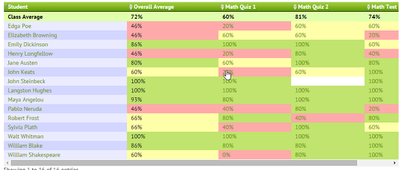
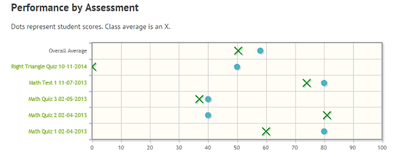
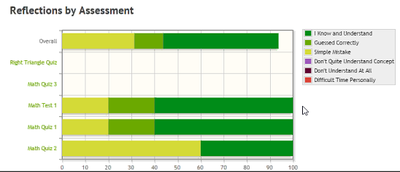


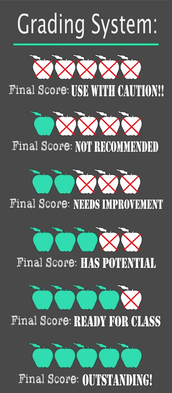





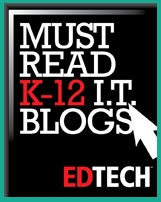
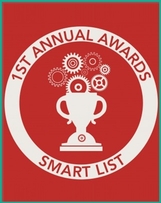
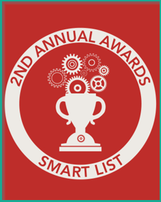


 RSS Feed
RSS Feed
